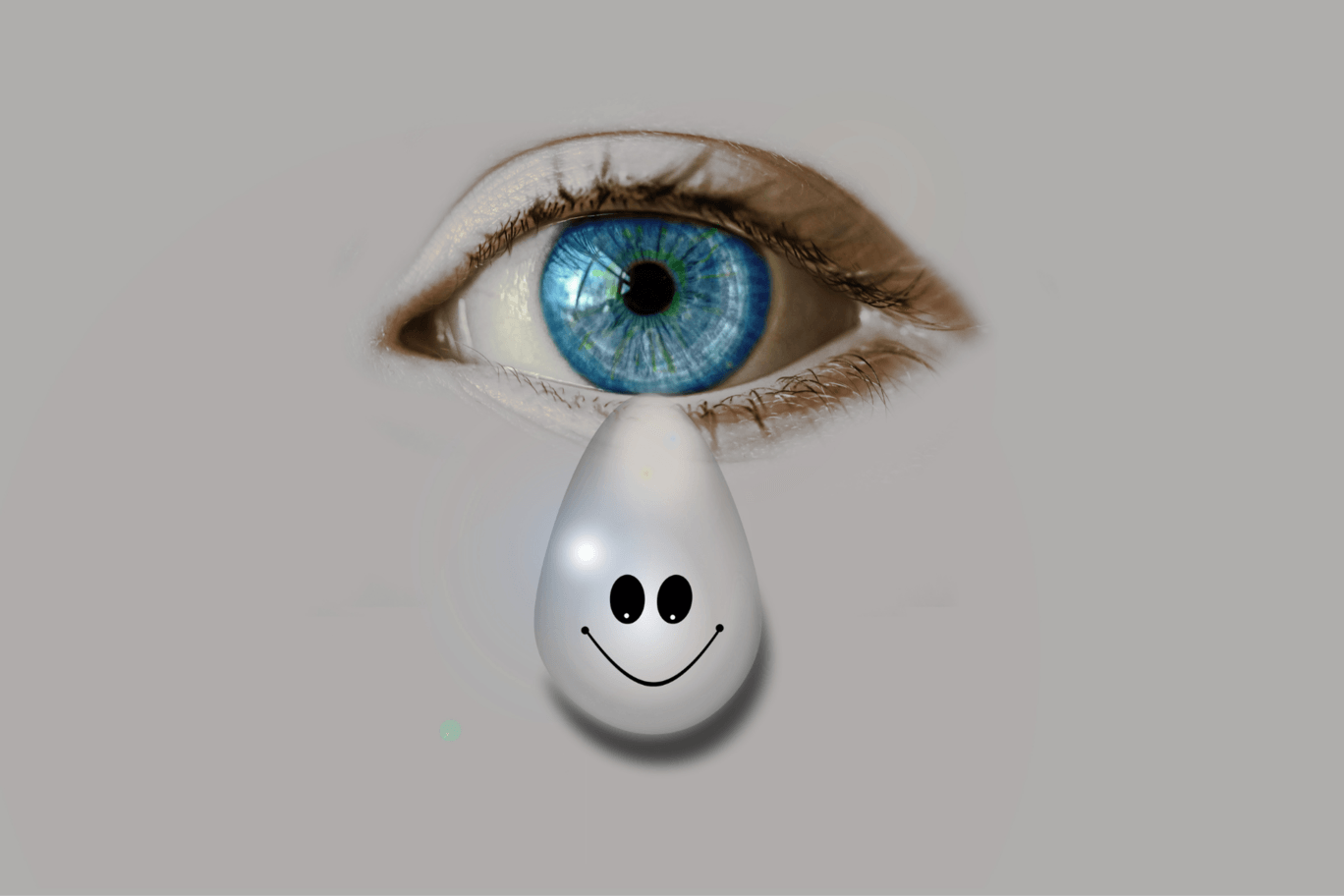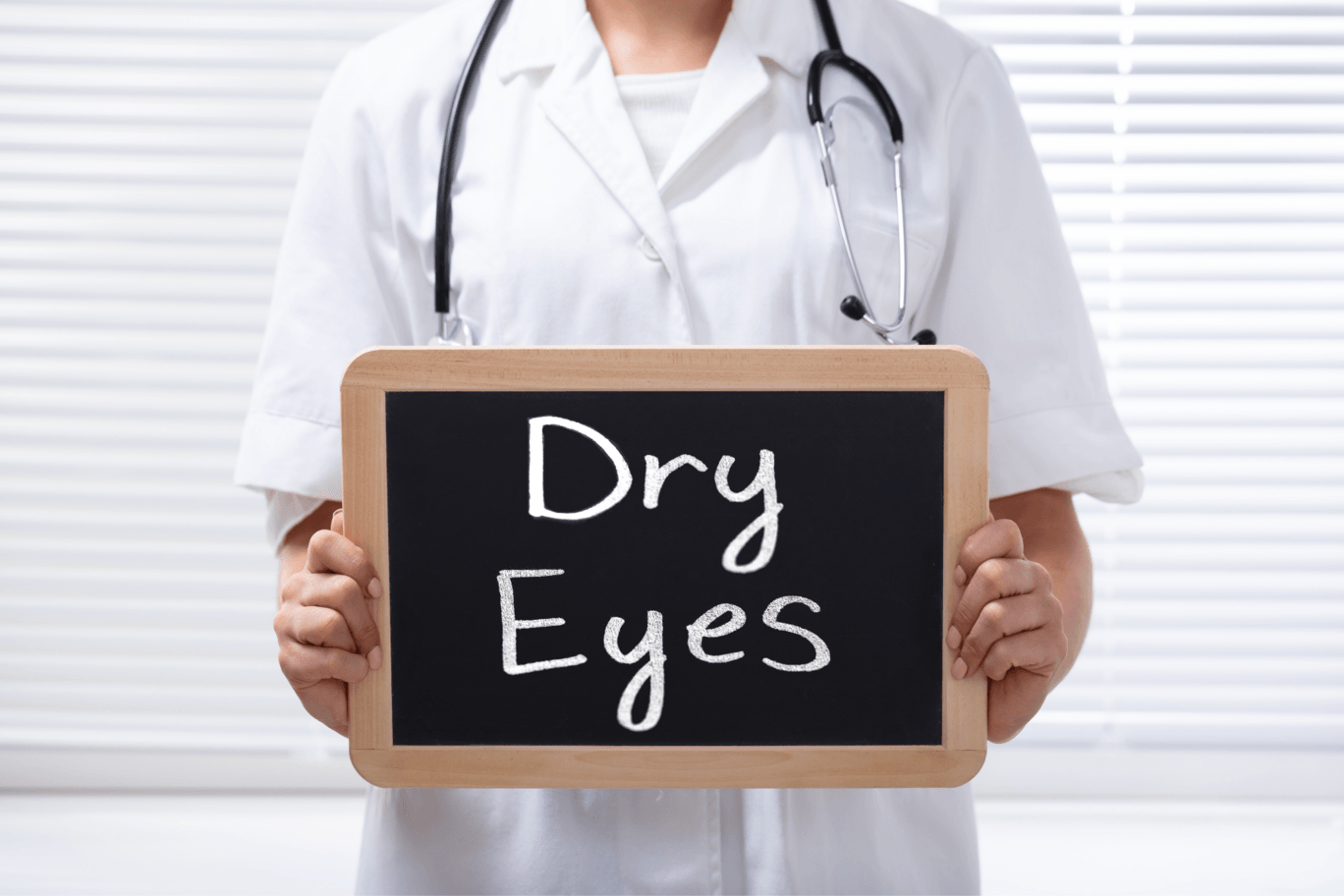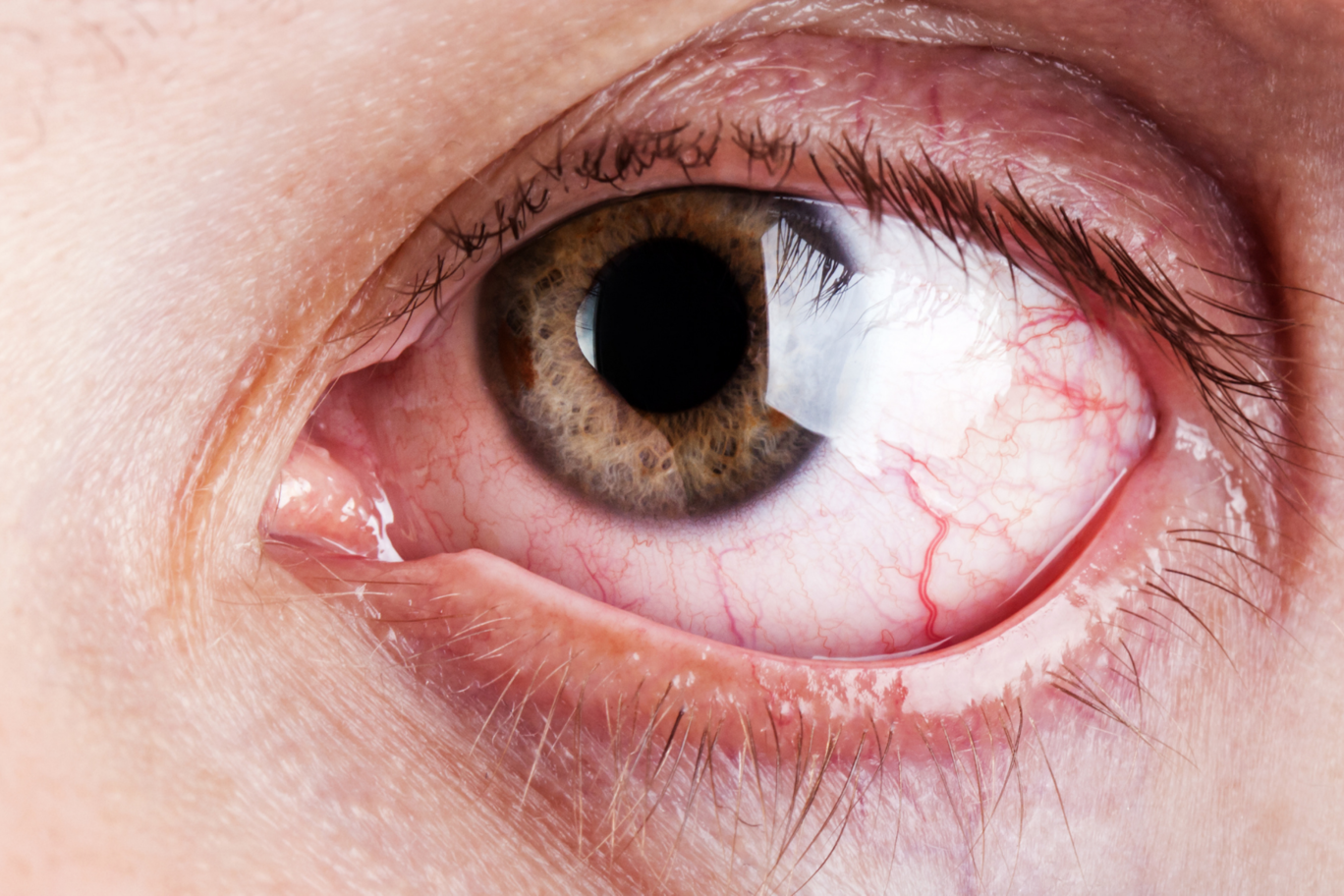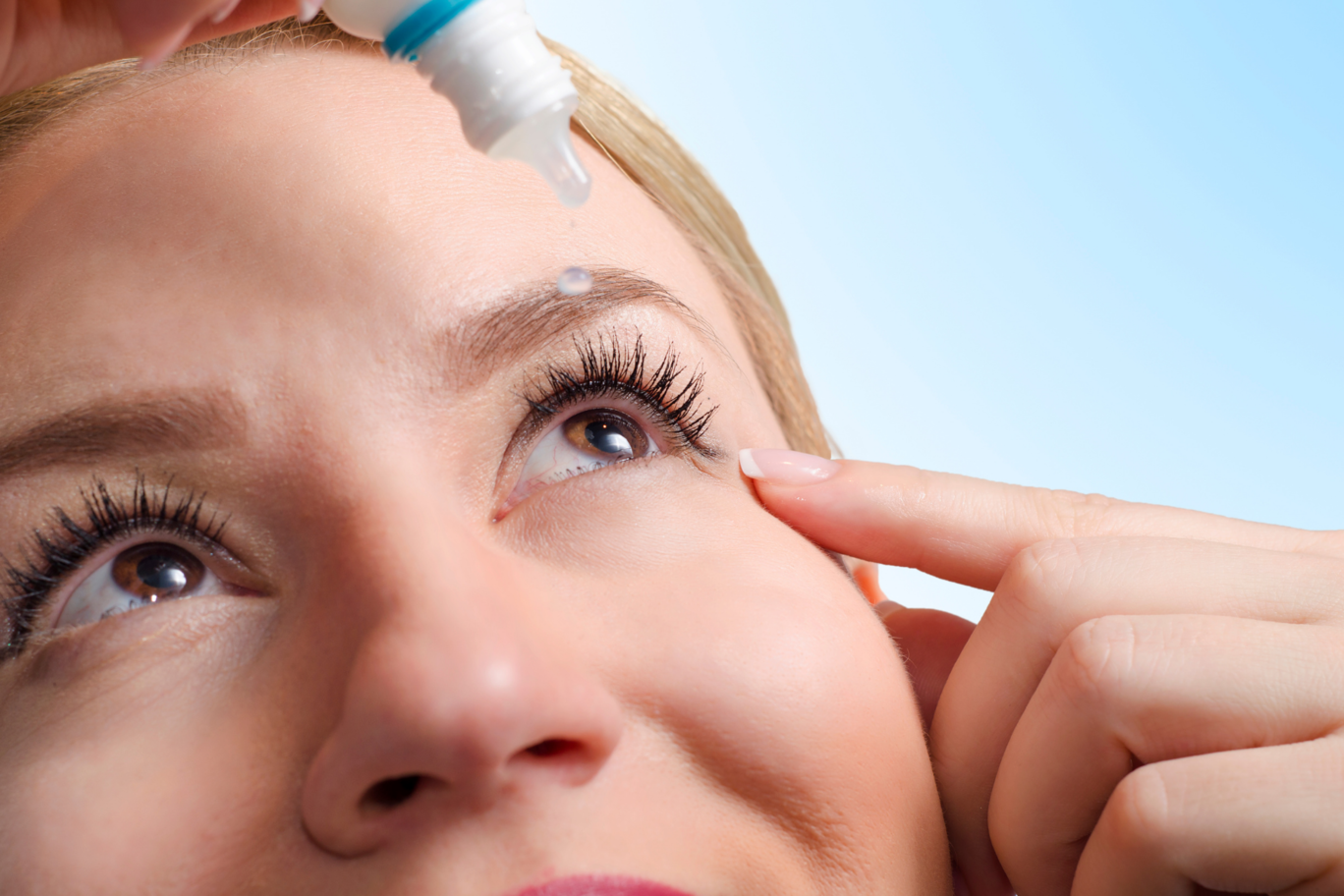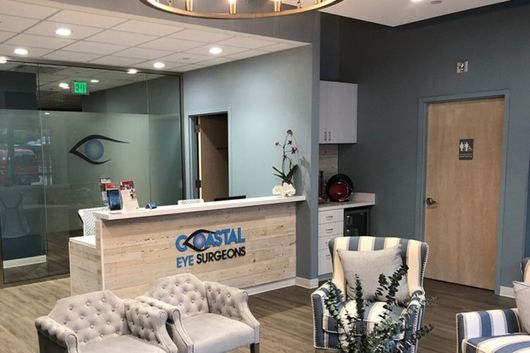
Our eyes work in peculiar ways when giving us the gift of vision. It’s not magic, but it may as well be because there’s nothing more interesting and fascinating than the inner workings of the eye. With so many different moving parts, there’s a lot we still don’t know about the eye.
One thing we do understand about the eye is that they produce tears every single time we blink. They also tend to produce tears -- a lot of them -- when our eyes are irritated or when we’re feeling sad. Despite the negative reputation tears are given, they’re necessary for eye health.
In fact, our eyes wouldn’t be able to operate properly without the right amount or the right quality of tears. Any issue or problem with tear production or tear function could be devastating to your eye health and overall quality of life. For example, it could be a sign of dry eye disease.
So, Why Are Tears So Important To Eye Health?
Your eyes are always producing tears -- with every blink of the eye! This tear film spreads over the cornea (the surface of the eye) and keeps it as smooth and clear as possible. As you can likely imagine, this is necessary for quality vision and is extremely important to your eye health.
Tears are made up of three main layers -- oil, water, and mucus. The oil layer, made in the meibomian glands, smooths the surface. The water layer, made in the lacrimal glands, cleans the surface. The mucus layer, made in the conjunctiva, helps spread the tear over the surface.
In addition to producing tears every single time we blink, our eyes produce tears when they’re irritated or when it’s time to cry. Unfortunately, some people experience a lack of tear production, a lack of quality tears, or an increase in tear evaporation -- all of which are a cause for concern.
What Causes Dry Eyes?
Dry eyes problems can occur for a variety of different reasons. For example, dry eyes can occur when the eyes don’t produce enough tears, aren’t producing the right amount of oil, water, or mucus in the tear film, or when the tears evaporate too quickly -- much like we described above.
With that said, there are a variety of conditions that can result in any of the above scenarios. Some of the conditions that can cause dry eyes include:
- Rheumatoid Arthritis, Sjogren’s Syndrome, Thyroid Disease, and Lupus
- Blepharitis, Entropion, Ectropion, or other eyelid problems
- Windy or dry climates
- Frequently looking at a computer or phone screen
- Prolonged use of contact lenses
- Refractive Eye Surgery
- Certain medications
- An eye infection or eye injury that affects the meibomian glands, lacrimal glands, or tear ducts
Since there are so many different causes for people with dry eyes, it’s very important that you schedule a comprehensive eye exam with your eye doctor to detect and diagnose the root of the problem. The sooner you find the cause, the sooner you can find dry eye treatment.
Risk Factors for Dry Eye Syndrome
In addition to what causes dry eyes, it’s essential you understand the many different risk factors present with dry eye syndrome. Anyone who falls under any of the risk factors would be at an increased risk of experiencing dry eyes, which would call for a regular eye exam with a doctor.
Here are some of the most prominent risk factors that have been uncovered to this day:
- Age plays an important role in dry eyes, with most people over the age of 65 at risk
- Women are more likely than men to be at risk of developing dry eye disease
- Anyone taking antihistamines, decongestants, blood pressure medications, and antidepressants is at risk of dry eyes
- Those that don’t blink often or those in dry climates are more at risk of dry eyes
- Eating a diet low in Vitamin A and Omega-3 Fatty Acids can increase your risk
If you think you’re experiencing any dry eye symptoms, don’t hesitate to contact your local ophthalmologist today. Symptoms of dry eyes may include redness, stinging, burning, sensitivity to light, watery eyes, stringy mucus in or around the eye, and blurred vision.
Treatments for Chronic Dry Eye Disease
Before your eye doctor can suggest treatment, they must first diagnose the issue. The good news is there are a variety of dry eye treatment options that your eye doctor may recommend when solving the root cause of the problem and a majority of them come with high success.
Let’s take a look at some of the most prominent treatments available for people with dry eyes:
- Increasing the Amount of Tears - with mild cases of dry eye disease, your doctor may recommend the use of artificial tears (eye drops) as a supplement to your eye’s natural tear production. It won’t work for everyone, but it’s usually the first step.
- Decreasing Tear Evaporation - if your tears are evaporating too quickly, your doctor may recommend blocking the tear ducts that drain your tears. This is usually accomplished with punctal plugs or eye surgery. Either way, the goal is keeping the tears in the eye longer.
- Increasing Tear Production - believe it or not, there are some prescription eye drops that may help increase natural tear production in a way that over-the-counter eye drops can’t. They might also direct the patient to take an Omega-3 Fatty Acid supplement.
- Decreasing Inflammation Around the Eye - in addition to eye drops that increase tear production, your doctor might recommend eye drops that decrease inflammation in or around the eye. This can also be done with warm compresses, eyelid massages, or eyelid cleaners.
Having an experienced and talented ophthalmologist by your side is key to finding the right solution to your dry eye problem. There are so many different ways to preserve your vision and eye health, it’s just a matter of finding the right one -- so don’t avoid that next eye appointment!
Schedule an Eye Doctor Appointment Today!
If you’re experiencing any symptoms of dry eye disease, you’ve come to the right place. At Coastal Eye Surgeons, we have the tools, knowledge, equipment, and passion required to detect and diagnose the issue and provide a solution for dry eyes. We would be honored to help you restore your eye health!
When you’re ready to schedule an appointment with us, contact us today. We can’t wait to speak with you and welcome you into our beautiful office.
Call Us Today 203-900-7911 or Contact Us Here
Dr. Shakir and his team are happy to help provide the best eye care around!
Learn more about How Long Does It Take Eye To Heal After Laser Surgery For Retinal Tear?

